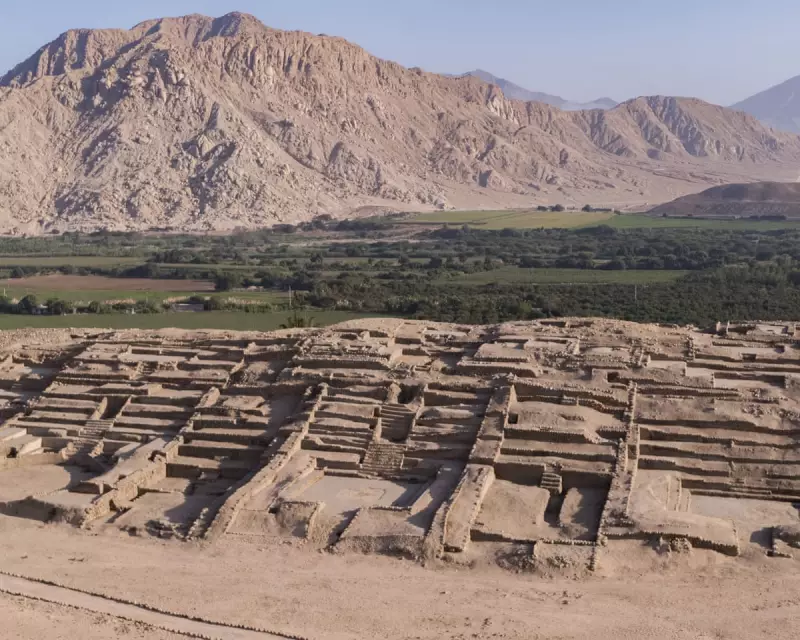
In a remarkable discovery that bridges ancient wisdom with modern climate concerns, archaeologists have unravelled how the Americas' oldest known civilisation not only survived but thrived through a catastrophic climate event more than 5,000 years ago.
The Resilience of the Norte Chico
The Norte Chico civilisation of coastal Peru, dating back to 3500 BCE, faced an environmental crisis that would challenge any society – a dramatic shift in climate patterns that threatened their very existence. Recent findings from archaeological sites in the Supe Valley reveal an astonishing story of human adaptation and resilience.
What researchers have uncovered paints a picture of sophisticated social organisation and agricultural innovation that enabled this ancient society to withstand climate pressures that might have destroyed less adaptable communities.
Ancient Climate Challenges
Evidence from sediment cores and archaeological remains indicates the Norte Chico faced significant environmental stressors around 3000 BCE. Changing weather patterns, shifting water availability, and ecological transformations created challenges that required fundamental changes to their way of life.
"This wasn't just about surviving a bad season or two," explained lead researcher Dr Maria Fernandez. "We're talking about systemic changes that required rethinking their entire relationship with the environment."
Adaptation Strategies Revealed
The civilisation's success hinged on several key strategies:
- Diversified agriculture combining coastal and inland resources
- Social cooperation across different settlements
- Water management systems that maximised scarce resources
- Flexible settlement patterns that could adapt to changing conditions
Unlike later civilisations that relied on single crop systems, the Norte Chico maintained a varied subsistence base that included fish from the rich Pacific waters, cotton for textiles, and multiple food crops.
Lessons for Modern Climate Challenges
The timing of this research couldn't be more relevant, coming as world leaders grapple with contemporary climate crises. The Norte Chico's experience demonstrates that societal resilience often depends on flexibility, cooperation, and diversified resource bases rather than technological fixes alone.
"There's a profound lesson here about the importance of social cohesion and adaptive governance," noted Dr James Robertson, an archaeologist not involved in the study. "When environmental conditions change dramatically, the most successful societies are those that can reorganise themselves effectively."
The research, published in Nature, combines cutting-edge archaeological science with traditional excavation methods, offering new insights into how ancient civilisations navigated environmental challenges that echo those we face today.





